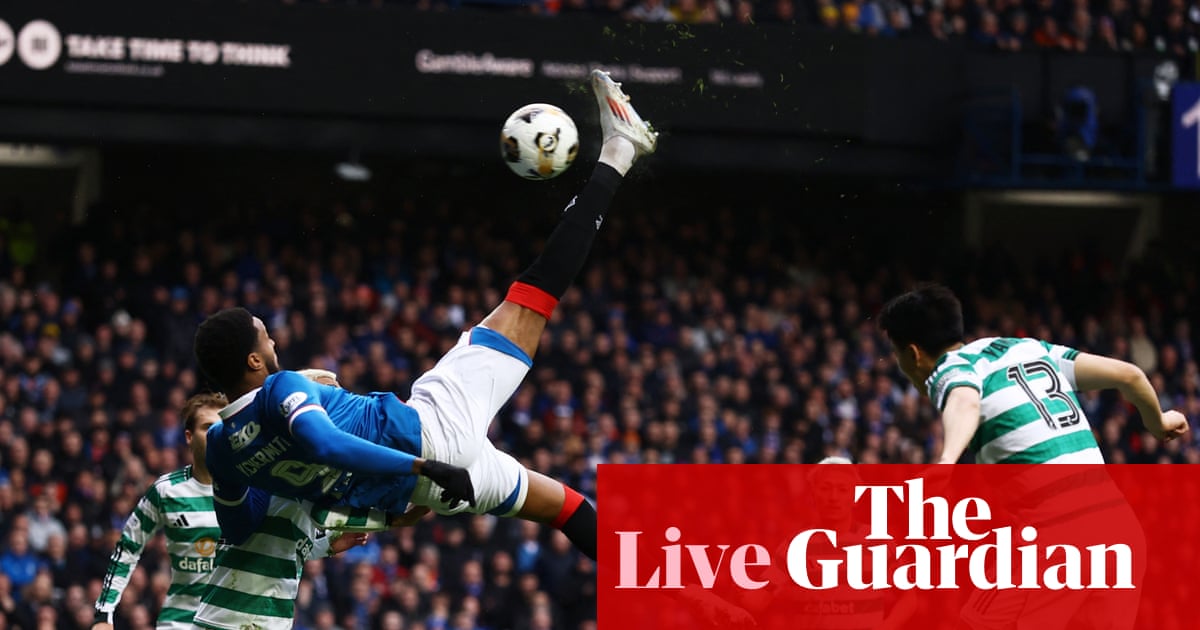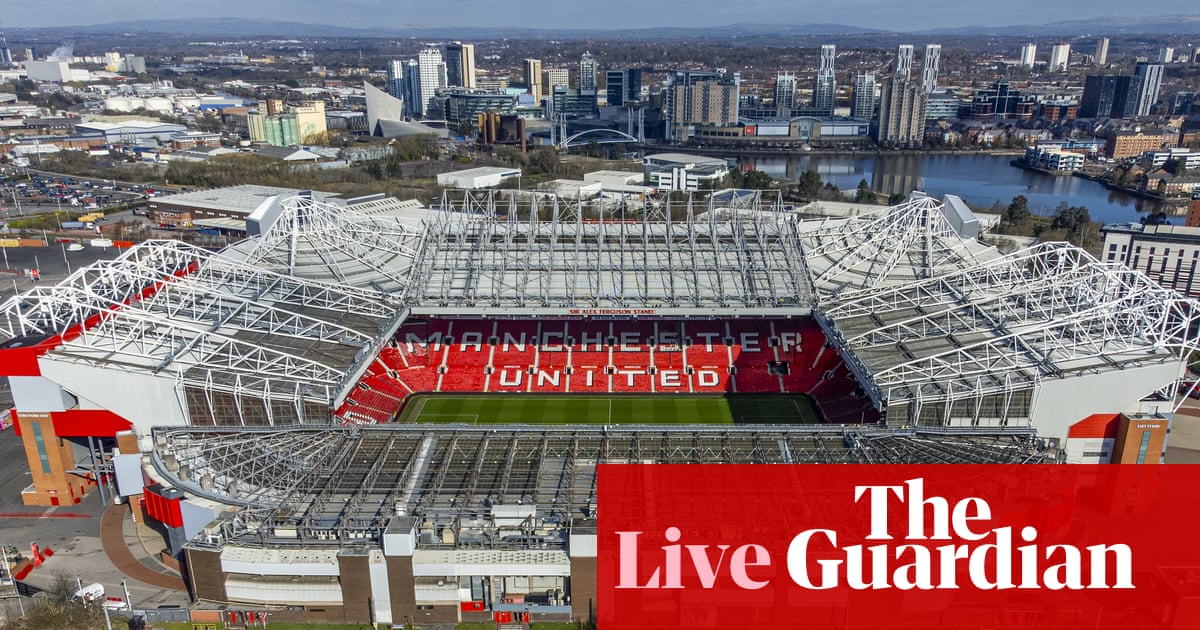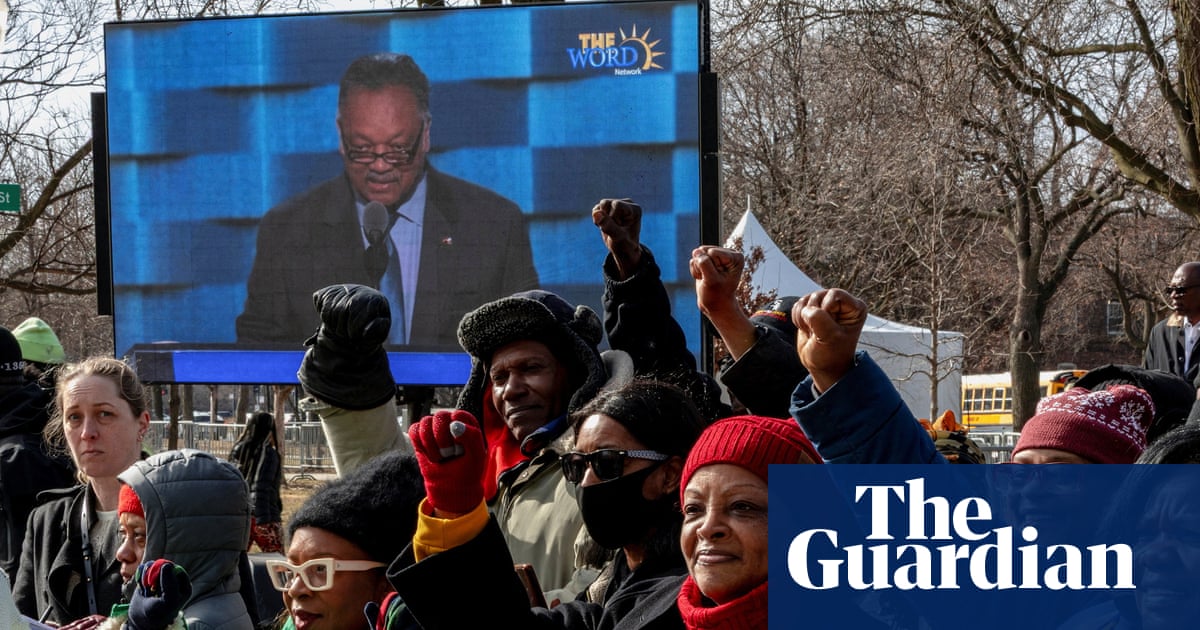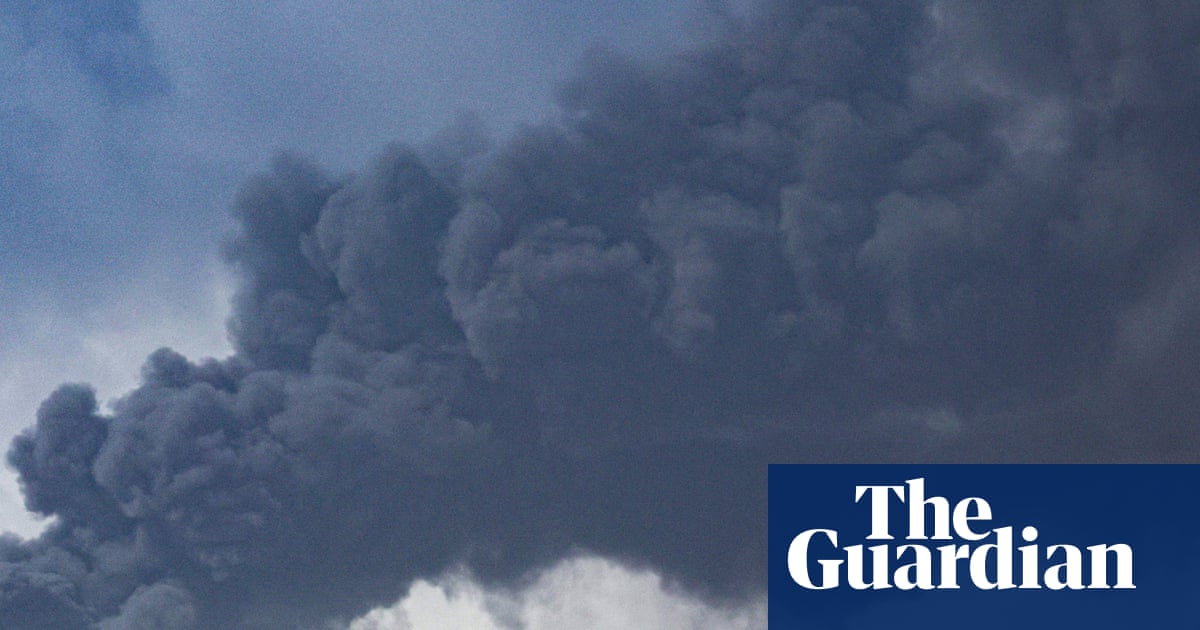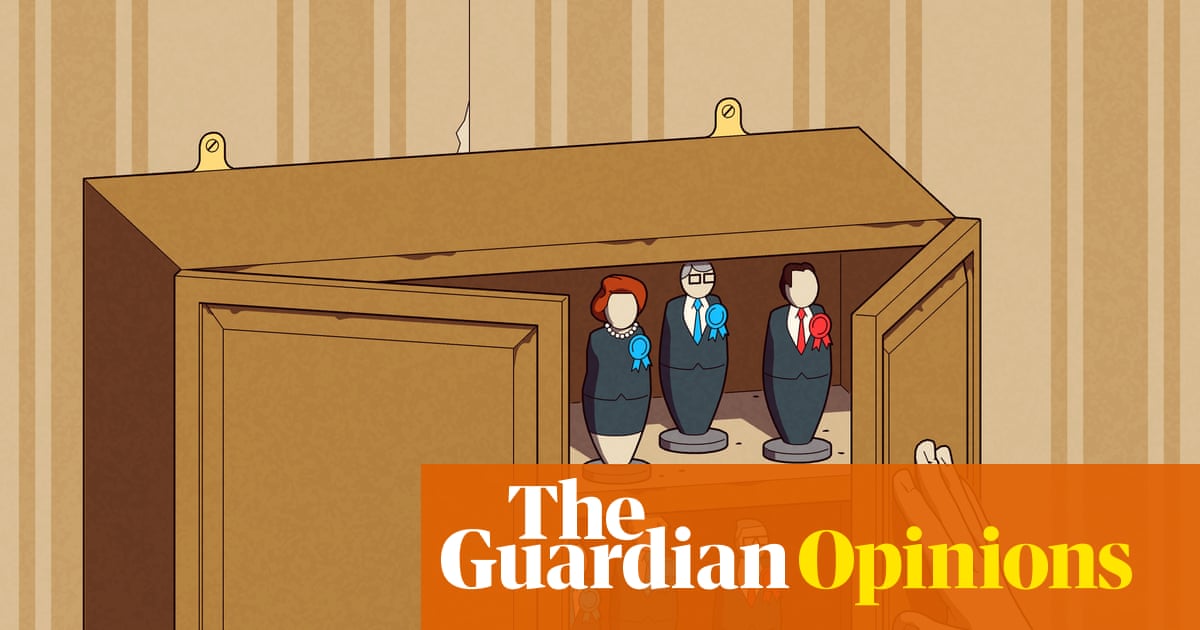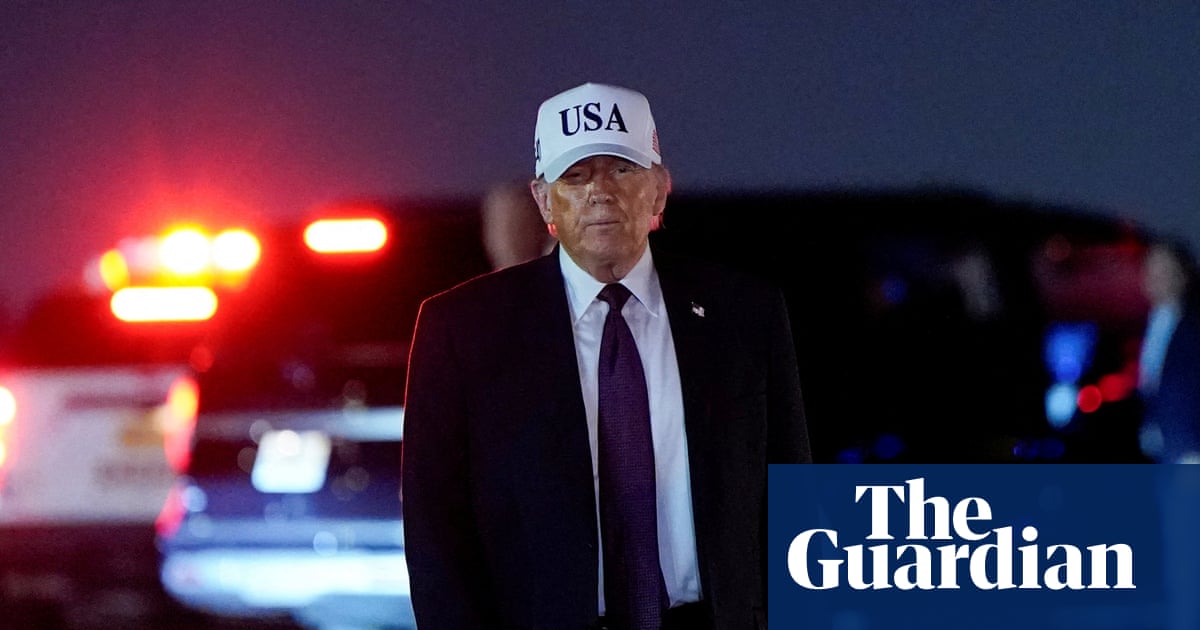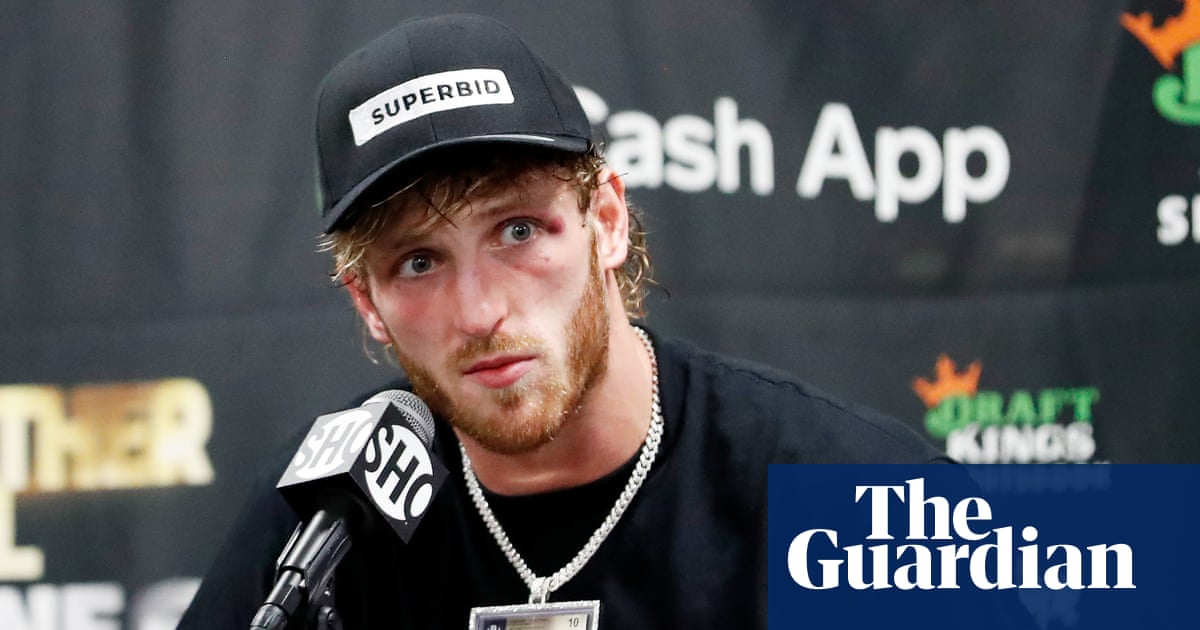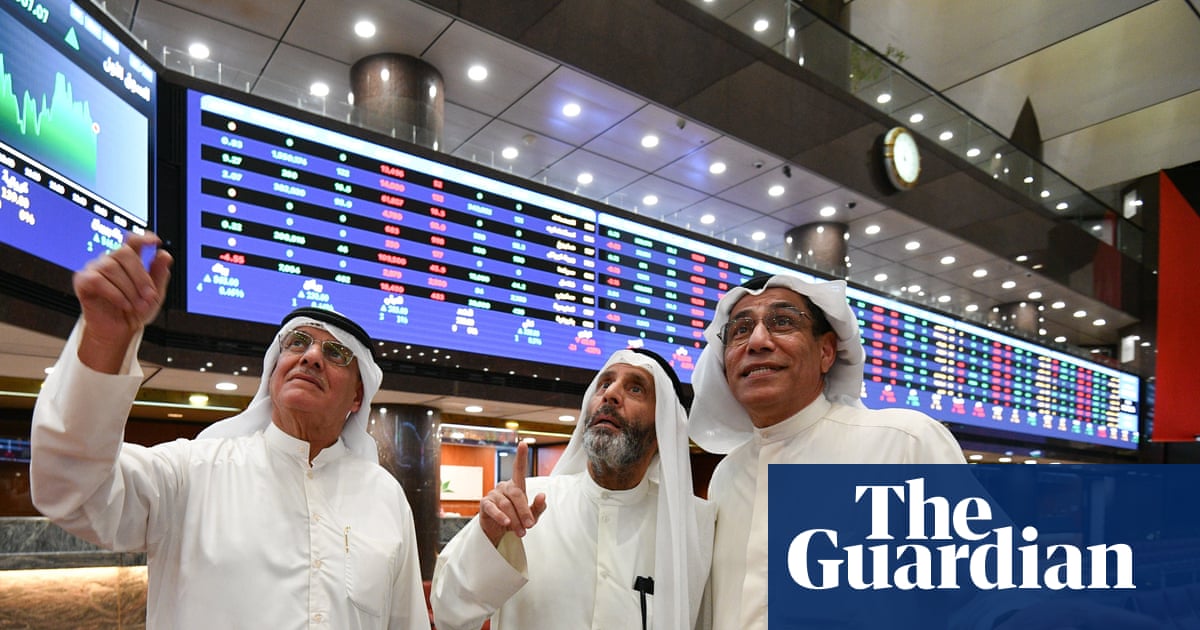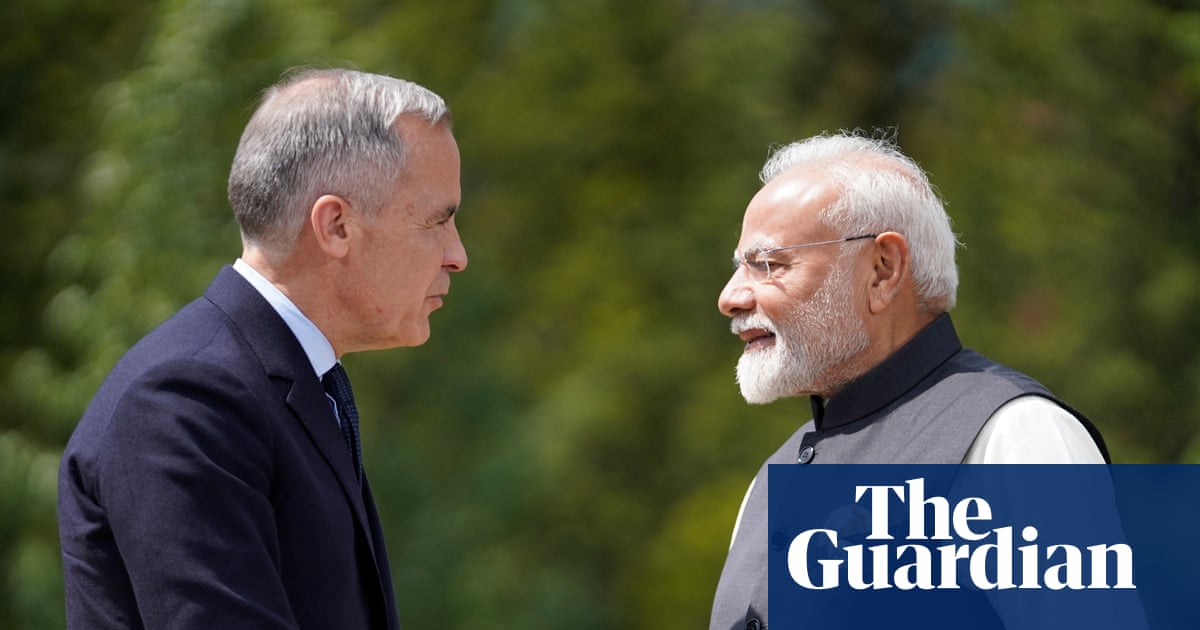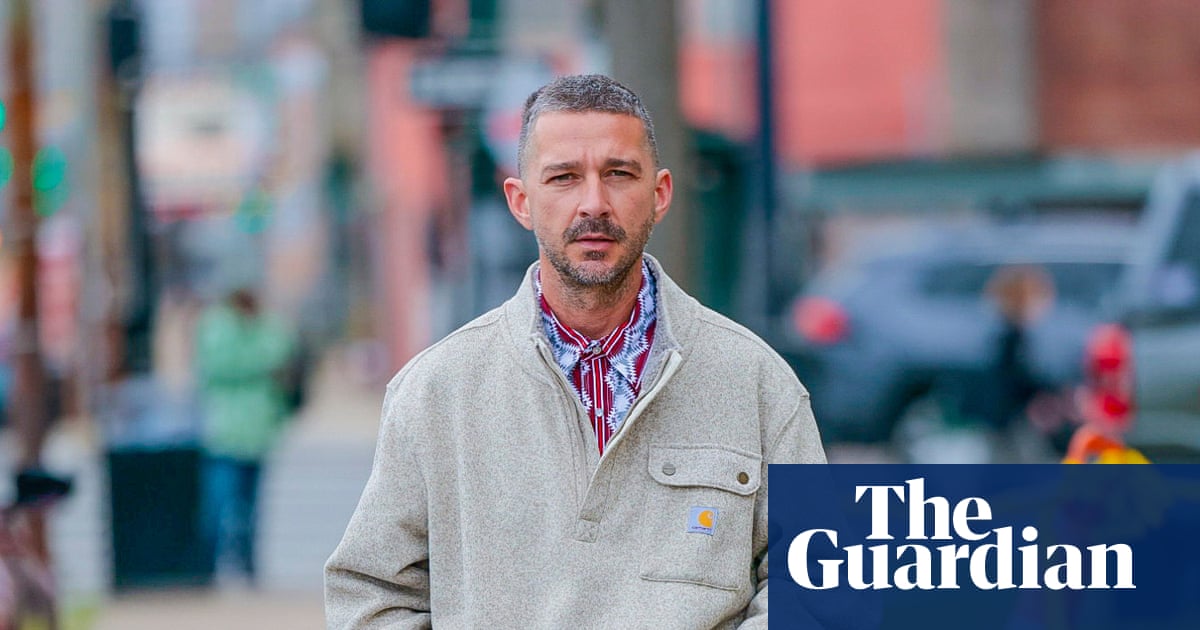Israel has threatened to step up its attacks against Hezbollah in southern Lebanon, a day after the Lebanese health ministry reported that four people were killed in an Israeli airstrike.
Despite the November 2024 ceasefire, Israel maintains troops in five areas in southern Lebanon and has kept up regular strikes.
The Israeli defence minister, Israel Katz, accused the Lebanese government of delaying efforts to dismantle Hezbollah.
“Hezbollah is playing with fire, and the president of Lebanon is dragging his feet,” Katz said in a statement. “The Lebanese government’s commitment to disarm Hezbollah and remove it from southern Lebanon must be implemented. Maximum enforcement will continue and even intensify – we will not allow any threat to the residents of the north.”
Katz’s threats came as the Israeli Defense Forces confirmedit carried out an airstrike in southern Lebanon overnight that it said killed four members of the militant group’s elite Radwan Force.
According to the military, the strike in the town of Kfar Reman targeted the unit’s logistics chief, who, while not named, was said to be involved in the transfer of weapons and in “attempts to restore terror infrastructure” in southern Lebanon.
The three other men killed were also members of the Radwan Force, the IDF added, saying that their activities violated the ceasefire.
Lebanese media identified the four men as Jawad Jaber, Hadi Hamid, Abdullah Kahil, and Muhammad Kahil.
Iran-backed Hezbollah was badly weakened by more than a year of hostilities with Israel, but remains armed and financially resilient. In September 2024, Israel killed the group’s longtime chief Hassan Nasrallah along with many other senior leaders over the course of the war.
Under the terms of the US-brokered truce in November, Lebanon agreed that only state security forces would be permitted to bear arms – a commitment that, in effect, called for the complete disarmament of Hezbollah.
Since then, Beirut has come under growing pressure from the US, Saudi Arabia, and Hezbollah’s domestic rivals to enforce that pledge. According to Lebanese army sources cited by Reuters, security forces have detonated so many Hezbollah arms caches that they have run out of explosives. Even so, the army has had to navigate a delicate balance, seeking to uphold the November agreement without reigniting tensions at home.
Once the dominant political and military power in Lebanon, Hezbollah was badly weakened by Israel’s war last year, which killed thousands of its fighters and Nasrallah. The conflict also left more than 1,100 women and children dead and devastated large parts of southern and eastern Lebanon.
Hezbollah has since publicly committed to the ceasefire, refraining from attacks on Israel and not opposing the seizure of unmanned weapons caches in the south. Yet the group insists that the disarmament clause applies only to southern Lebanon, and has hinted that renewed conflict is possible if Israel moves more broadly against it.
On Thursday, Israeli ground troops carried out another deadly raid into southern Lebanon, prompting the Lebanese president, Joseph Aoun, to order the army to confront such incursions.
Aoun had called for talks with Israel in mid-October, after the US president, Donald Trump, helped broker a ceasefire in Gaza. But Aoun later accused Israel of responding to his offer by intensifying its airstrikes.
Agence France-Presse and Reuters contributed to this report

.png) 3 months ago
102
3 months ago
102
